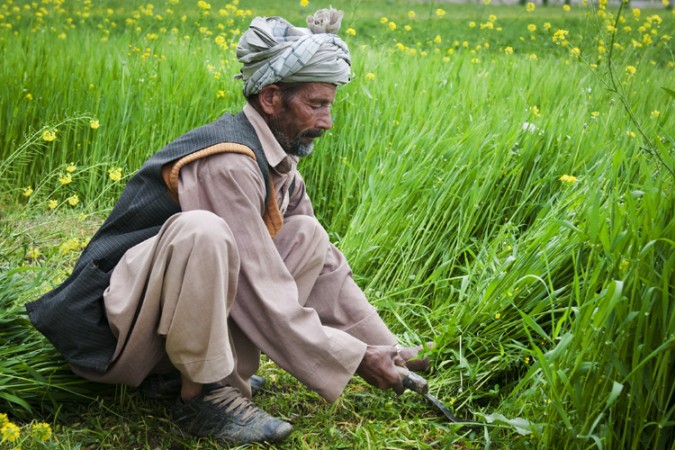
Chandigarh: Trusting farmer producer organisations (FPOs) can transform agriculture, ITC Chairman Sanjiv Puri on Friday said there are multiple opportunities in Indian agriculture today to achieve sustainable growth and productivity, considering the grit and determination of Indian farmers and a proactive government.
Addressing at the CII Agro Tech summit 2022 at Chandigarh, Puri, who is also Chairman of the agro tech, said agriculture is the lifeline of the economy and about half of India's workforce is engaged in this sector. However, its contribution to the gross value added (GVA) is only about 18 percent with challenges such as low productivity and wastages, which translates to lower farm incomes. On challenges to the agriculture sector and the impact of climate change, Puri said: "Today the sector is faced with a challenge of epic proportions and it's not unique to this sector or to India. Last year many countries experienced events that radically reduced crop production. This year is no different, we have challenges in Europe, China and the US and recently in Indonesia. We have a neighbour whose agriculture sector has been devastated."
India has its own share of problems: First with wheat and now with rice. Although there is great commitment towards net zero by countries and corporates, the reality is that extreme weather events will only multiply as articulated by the IPCC report, he said.
Elaborating on the opportunities for agriculture, Puri said by 2050 given the population growth and better consumption patterns, India will need 60 percent more food. There is also a movement towards healthier and nutritious food products that gives the opportunity for value addition. Agriculture being a provider of bio-diesel which tackles climate change, is another opportunity in India, he said. "India has the largest arable land in the world and there is a huge opportunity to multiply and grow our productivity levels. We are self-sufficient today and we also have the distinction of having exported agri products worth $50 billion but I think we can do much more."